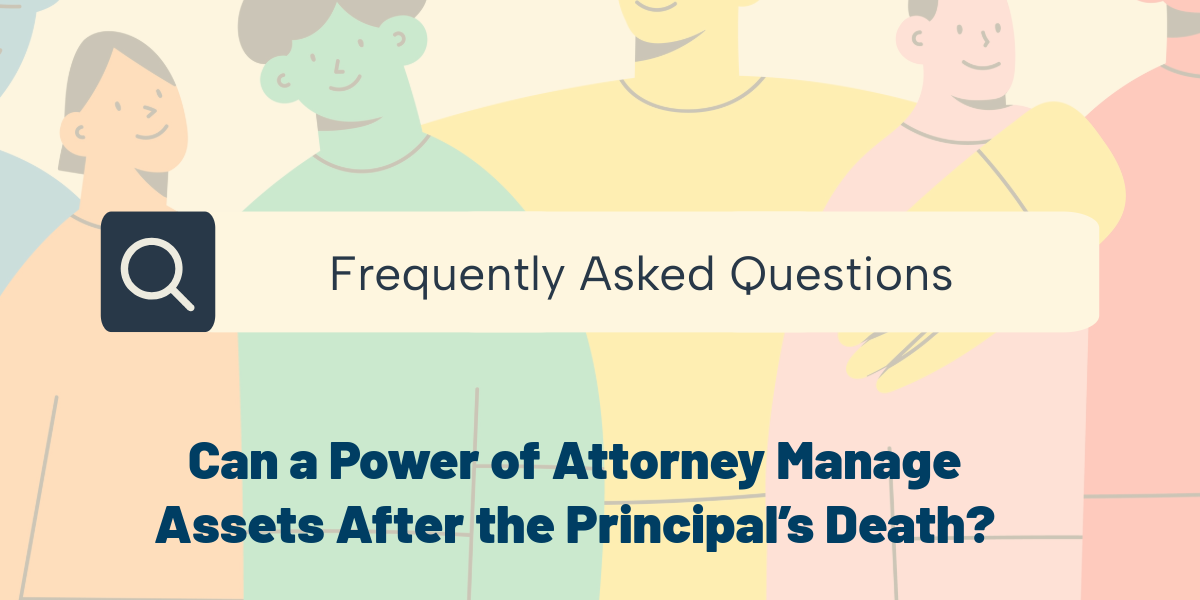Can a Power of Attorney Manage Assets After the Principal’s Death in North Carolina?
1. Detailed Answer
A power of attorney (POA) is a legal document through which one person (the principal) grants another (the agent) authority to make decisions or manage assets on the principal’s behalf. In North Carolina, as soon as the principal dies, any authority granted under a power of attorney ends immediately. This rule appears in North Carolina’s Uniform Power of Attorney Act, which states:
N.C. Gen. Stat. § 32C-6-602(a)(1) – “An agent’s authority is revoked by the principal’s death…”
Here’s what that means in practice:
- Effective Termination: The moment the principal passes away, any power of attorney becomes void. No power granted under that document remains in effect.
- Estate Administration Takes Over: After death, managing and distributing the deceased’s assets transitions from an agent under a POA to the personal representative (also called an executor) of the estate. Only the personal representative, appointed by the clerk of superior court, has legal authority to handle estate assets, pay debts, and distribute inheritances.
- Financial Institutions’ Requirements: Banks, brokerage firms, and other institutions will ask for letters testamentary or letters of administration before allowing anyone to access or manage estate accounts. Those documents prove the personal representative’s authority.
If someone continues to act under a power of attorney after the principal’s death, financial institutions will refuse to recognize the agent’s authority. Attempts to manage or transfer assets under a stale POA can expose the agent to liability, allegations of misappropriation, or other legal consequences.
2. Key Points to Remember
- Automatic Termination: A POA ends immediately at the principal’s death (N.C. Gen. Stat. § 32C-6-602(a)(1)).
- Personal Representative Steps In: After death, only the personal representative has authority to handle estate matters under North Carolina law.
- Letters Testamentary Required: To access bank or investment accounts, the personal representative must present letters testamentary or letters of administration issued by the clerk of court.
- Agent’s Role Ends: An agent under a POA can help gather documents or locate the will, but cannot transact business or pay bills using the POA after death.
- Protect Your Estate: If you anticipate needing someone to manage your estate after death, discuss with an attorney how wills, trusts, and other tools work alongside or instead of a power of attorney.
Need Help with Estate Administration?
Managing the transition from a power of attorney to formal estate administration can feel overwhelming. At Pierce Law Group, our attorneys guide families through each step of North Carolina probate. We’ll help you understand who has authority, how to obtain necessary court documents, and how to settle the estate efficiently and correctly.
Contact us today for a consultation. Email us at intake@piercelaw.com or call (919) 341-7055. Let our experience work for you.


